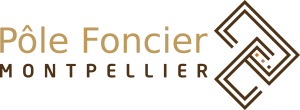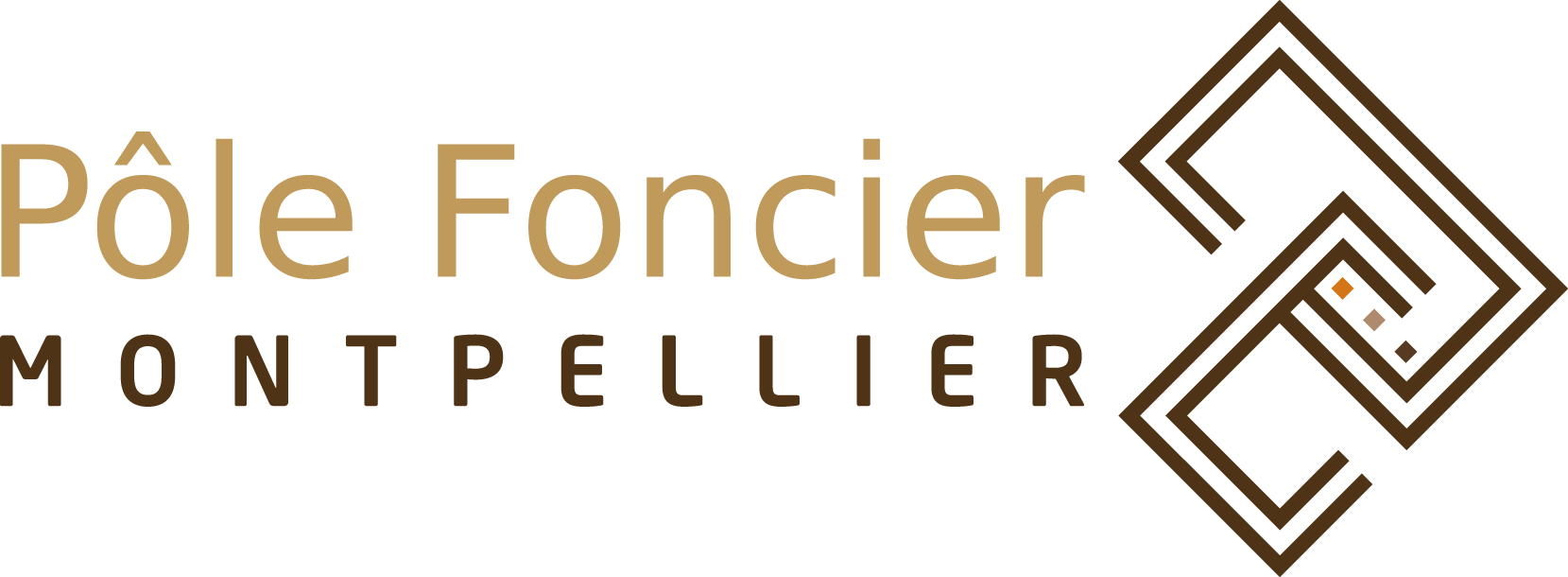Engaging in land research in Myanmar. A decade of action oriented research for Gret

Ce nouveau Cahier du Pôle Foncier -publié en anglais- propose un retour réflexif sur dix années de recherches sur le foncier menées par le GRET au Myanmar (2013-2021), au cours d’une période de transition politique d’un régime autoritaire à un gouvernement quasi-civil. L’étude, rédigée par des contributeurs clés du programme, explore la manière dont l’équipe a navigué à travers des terrains politiques complexes, entre la polarisation de la société civile et l’opacité de l’action étatique. Ancré dans la recherche universitaire, le travail de cette équipe du GRET a évolué à travers différentes formes d’engagement : construire sa légitimité en tant qu’expert indépendant, interragir de façon prudente avec les acteurs étatique et enfin participer à des activités de plaidoyer. Dans l’ensemble, l’étude met en évidence les défis et les dilemmes éthiques liés au travail de recherche sur le foncier au sein d’une société civile fragmentée, divisée entre les tendances réformistes et activistes, et au maintien d’une éthique d’indépendance tout en engageant des activités de plaidoyer.
This reflexive paper chronicles ten years of land-related research conducted by GRET in Myanmar (2013–2021), during a period of political transition from authoritarian rule to a quasi-civilian government. The study, authored by key contributors to the program, explores how the team navigated complex political terrains, civil society dynamics, and shifting state relations. Initially rooted in academic research, GRET’s work evolved through differents forms of engagement: building legitimacy as an independent expert, cautiously interacting with state actors, and ultimately participating in advocacy. The team developed a nuanced understanding of land issues shaped by Myanmar’s colonial legacies, socialist land policies, dictatorship and post-2010 liberalization. Overall, the study highlights the challenges and ethical dilemmas of working within a fragmented civil society divided between reformist and activist tendencies and of maintaining political independence while still influencing policy.










